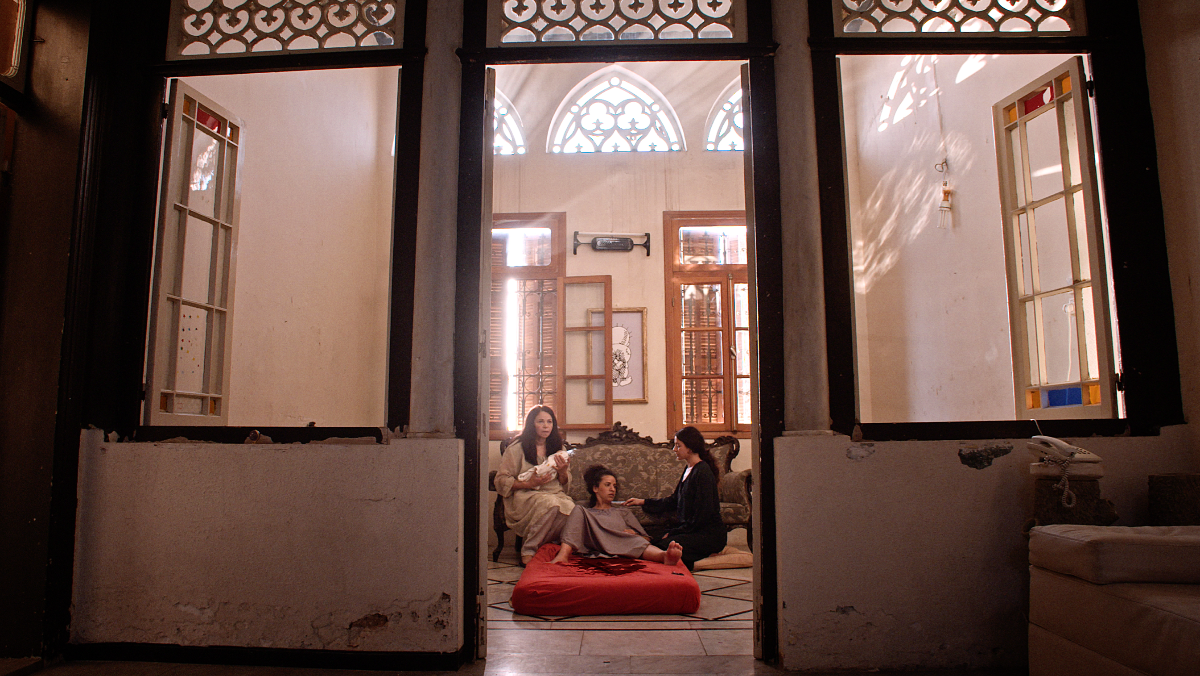
Adva Reichman was born and raised in Israel. After getting my BA in Communications I worked in the Israeli media covering war and terror alongside everyday topics, and on Keshet Production Documentaries that dealt with major terror attacks and kidnappings that took place in Israel during the ’70s and ’80s. I moved to LA in 2015 and got my MFA in TV & Film Production from USC School of Cinematic Arts.
“In 2018, I wrote and directed Something to Live For, a short film that deals with the Israeli-Palestinian conflict. The film, which was shot in Israel, follows a pregnant Palestinian woman who, with the help of Hamas, plans to revenge her husband’s death in Israel. The film screened in various festivals around the world” says Adva.
“I also co-wrote Samir, a current adaption to the Count of Monte Cristo about a Middle Eastern man framed for terror and sent to Guantanamo. Financed and distributed by WB studios, the feature premiered at Heartland Film Festival in 2019″, says Adva.
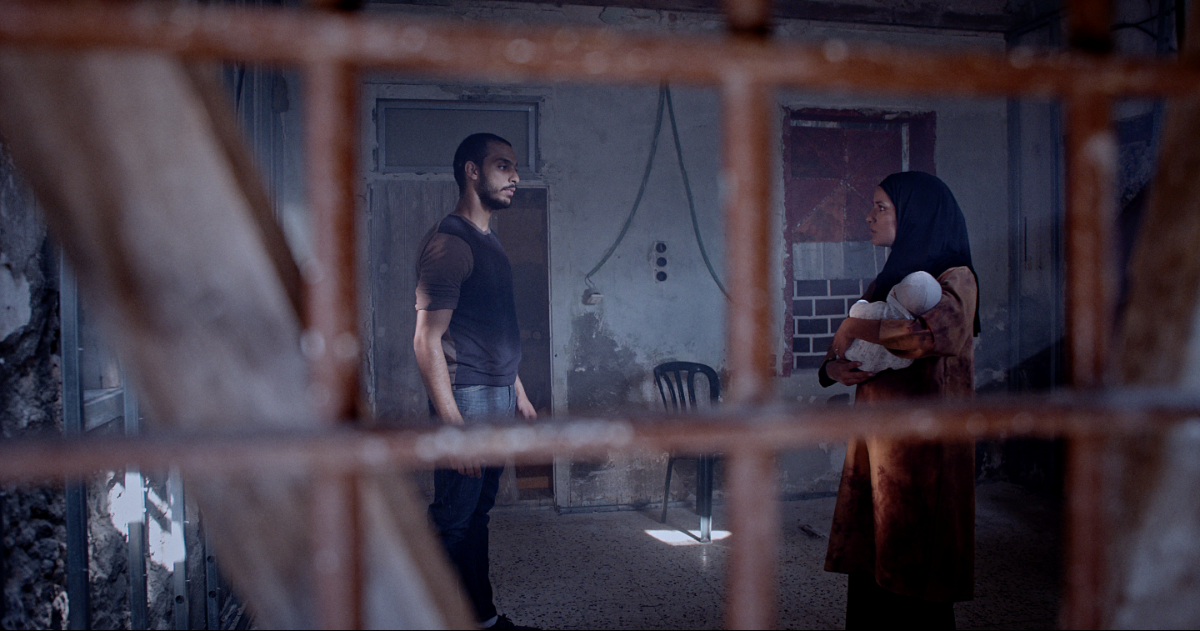
Adva’s feature script Project Fog was a semi-finalist in the 2020 Academy Nicholl Fellowship, a Flickers’ Rhode Island International Film Festival winner, and a finalist in the 2020 ScreenCraft Drama Competition and 2020 Atlanta Film Festival.
Adva explains, that “as a director, I enjoy exploring human nature through complicated situations. I take strong characters and test their humanity in impossible scenarios. I choose themes that say something about who we are and where we’re headed as individuals and as a society.”
indieactivity: How do you choose a project to direct?
Adva Reichman (AR): The first thing I look for is the message of the film. Art is such a powerful tool, so I search for projects that have something meaningful to say and are trying to create a conversation. I search for versatile characters, individuals with a strong mind and spirit.
Why filmmaking and screenwriting? Why did you get into it?
Adva Reichman (AR): I think I began writing the moment I learned how to. It was always a part of me and the way I expressed myself. It was probably not even a conscious choice. Directing however was. I discovered it in undergrad and realized the opportunity it holds. I could finally take the words I wrote and turn them into visuals. I explore themes and characters and then get to orchestrate it with actors and create a world that others can watch. I find it fascinating.
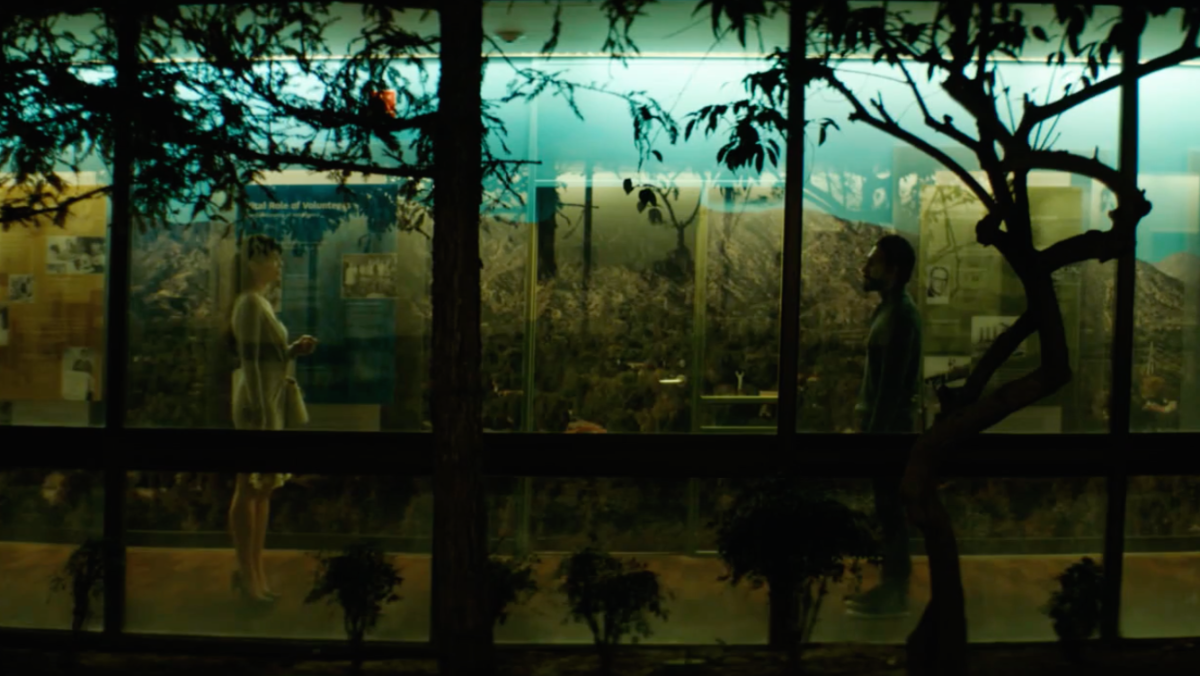
How can a filmmaker, if she so chooses, distribute her film? How do you get it in front of an audience?
AR: The best way to get an indie film out there is through the festival circuit. Submit your films to prestige festivals that can be suitable and will bring the viewer to you. It’s one of the most popular ways indie filmmakers have. Nowadays, with Covid, screening in theatres is not an option, but the festivals can still attract viewers online. A film’s success in the festivals can bring a possible distribution.
Is there anything about the making of the independent film business you still struggle with?
AR: The process is never easy. There are no assurances, so have a plan, and plan to be surprised. It can get easier from project to project. You learn more, your professional network expands, and you have more experience with a variety of issues. But there will always be a struggle. Just push through it.
Indie filmmaking is a model of zero or small budget. How do you get a film to the audience with such a budget?
AR: Money will always stand in your way, so crowdfunding can help. Try to use it to submit for the right festivals that can really support you and your film. Once that is done, there are great platforms that can screen your film online and expose it to a large crowd. Releasing a film on a private YouTube channel can bring some viewers but finding a channel that already has subscribers can bring you even more. It’s all about exploring every possibility.
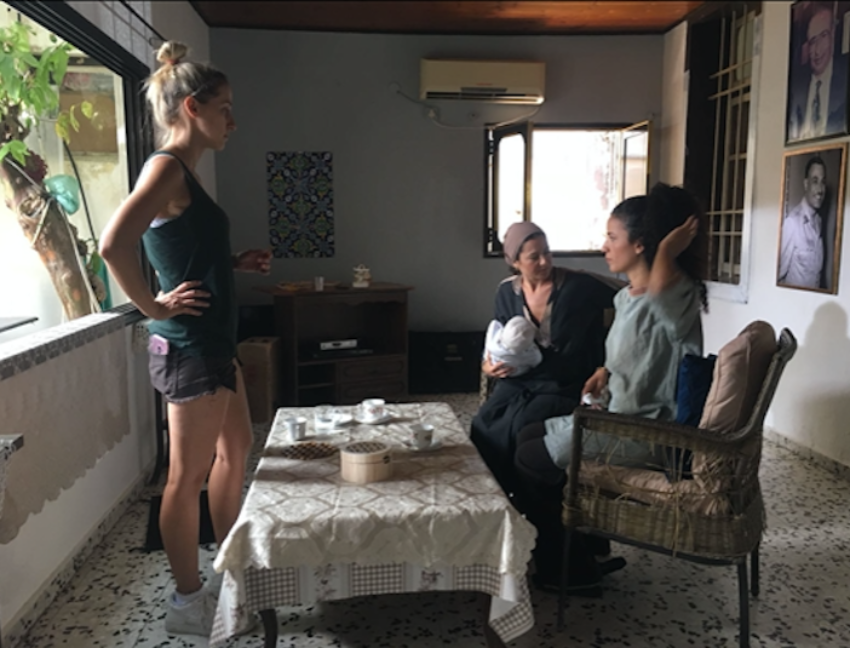
How do you think filmmakers can finance their projects?
AR: Financing an indie film is never an easy task. Crowdfunding is definitely a great option. Once you gather your team, you can use any platform you prefer to try and reach as many donors as possible. Personal letters to friends and acquaintances can also enhance your message and clarify the importance of their donation to the film’s success. Other than that, always search for grants and scholarships. There is money out there, but you definitely have to find the organization that is looking to support an artist like yourself or films that deal with your message.
How did you put the crew and cast together? Did you start writing with a known cast? What was your rehearsal process and period?
AR: In ‘Something to Live For’ I searched for producers who believed in the film, who were up for the challenge, and had the credentials and experience to make the film happen. We looked for recommendations for other crew members, watched their work, and met with them. Slowly, but surely, we formed a strong crew.
When we looked for actors, I explored the agencies’ postings, watched similar films, and even received recommendations from actors we already had on board. It wasn’t about finding famous actors although that never hurts. It was about finding the right people that will truly sell the character. We were looking for Arabic speaking actors, who believed in the project. Our film deals with a tough subject and it wasn’t easy for everyone. So, we definitely focused on finding who was right, and not a big name.
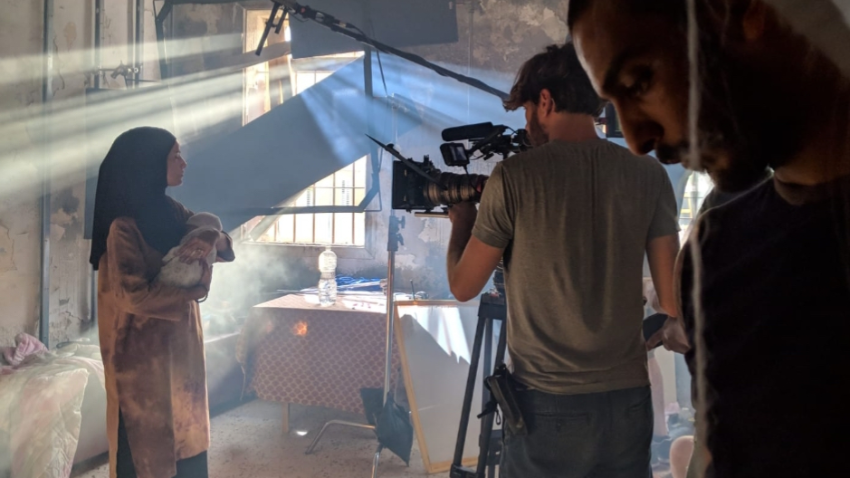
We rehearsed until we shot. Some scenes were emotional and required more work than others. We talked about the state of mind they need to be in and worked on installing that fear and way of life into the characters. On top of that, we had the actors speak in a different dialect than they were accustomed to, so that also required rehearsals. The film was shot in Arabic and I didn’t speak the language, so I memorized the lines and had a translator present at all times to make sure everything was pronounced accurately.
What and how long did it take to complete the script?
AR: The script took a few months of writing and rewriting. We began production in the U.S., but I quickly realized it’ll require too many compromises and decided to shoot it in Israel instead. That process allowed me to distance myself from the script, and then go back to it with fresher eyes. I messaged it until it felt ready.
What other films have you written and made?
AR: I co-wrote the feature ‘Samir’, a current adaption to the Count of Monte Cristo about a Middle Eastern man framed for terror and sent to Guantanamo. Financed and distributed by WB studios, the feature premiered at Heartland Film Festival in 2019 and is not yet available to the public.

One of my first films was Silhouette which is available on my website. I definitely see the areas where I should have done things differently but it’s good to look back and see what you got right, and what you learned.
What do you hope audiences will get from the presentation of your film?
AR: I hope people leave my film thinking about the complex reality we live in, ask questions, and engage. Keeping the conversation going is the only way to create something better.
What else have you got in the works?
AR: My feature ‘Project Fog’ is doing really well in competitions and will hopefully go into pre-production in the next year, should Covid allow. I’m also developing limited series on a group of spies.
Tell us what you think of the interview with Adva Reichman. What do you think of it? What ideas did you get? Do you have any suggestions? Or did it help you? Let’s have your comments below and/or on Facebook or Instagram! Or join me on Twitter.
Follow Adva Reichman on Social Media
Website
IMDb
LinkedIn
Wikipedia
Instagram
Vimeo
Where We Stay by Florence Bouvy to Screen at CIFF
Where We Stay | CIFF Selected Drama About Friends Hiding Unspoken Truths
This Place by V.T. Nayani: Two Women in Love for the First Time on VOD & DVD March 25
Freestyle Acquires “This Place” for March Release
Sonoma International Film Festival Wraps with Unforgettable Films, Culinary Cinema and Packed Pop-In Events
Sonoma International Film Festival Grand Jury and Audience Award Films Announced
Livestreams with Grandmapuzzles by Emily Sheskin to Screen at CIFF
CIFF Selected Documentary About Twitch Streaming Jigsaw Puzzler
VisionRey Snags Acceptance for 2 Films at FilmApalooza
VisionRey is a Mexican-American Female-Led Film Company
Pomegranate by Weam Namou: on VOD Platforms and DVD on March 4
Freestyle Acquires Dramedy “Pomegranate” for March Release
Into The Spotlight by Thaddeus D. Matula: on VOD and DVD February 21
Freestyle Acquires Doc “Into the Spotlight”









